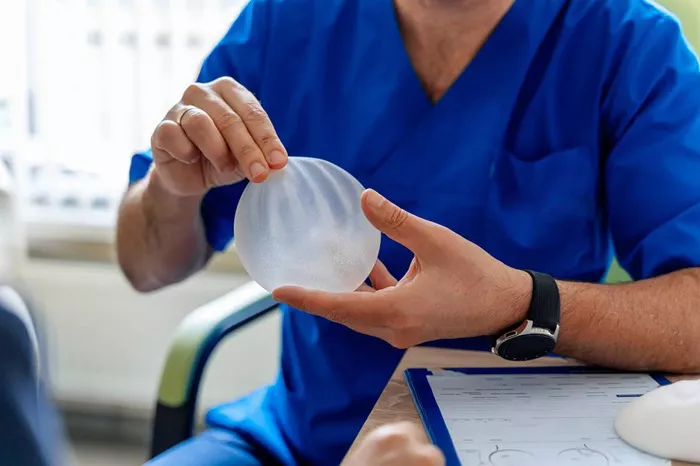Considering breast implants, whether for cosmetic enhancement or post-cancer reconstruction, raises an important question: Do implants increase cancer risk? Dr. Basila Ameer Ali, a Breast Surgeon at KMC Hospital in Mangalore, for expert insights into these concerns.
Breast implants, which can be silicone or saline-filled, are used to augment breast size or reconstruct the chest wall after cancer surgery. With their growing use, concerns about their role in cancer development have emerged. Dr. Ali explained, “Breast implants are inserted either for cosmetic enhancement or post-surgery reconstruction. The rise in their use has led to valid concerns about their potential role in cancer risk.”
In 2011, the US Food and Drug Administration (FDA) first warned about the risk of developing certain cancers in the fibrous capsule that forms around implants. This led to increased scrutiny of Breast Implant-Associated Anaplastic Large Cell Lymphoma (BIA-ALCL), a rare cancer of the immune system. As of June 2023, approximately 1,300 cases have been reported, typically developing around 10 years after surgery, particularly with textured implants. Symptoms include fluid accumulation, swelling, pain, or skin changes around the implant. Treatment generally involves the removal of the implant, capsule, and scar tissue, with rare cases requiring additional therapies.
Another rare condition linked to implants is Breast Implant-Associated Squamous Cell Carcinoma (BIA-SCC), with fewer than 20 cases reported globally. This aggressive cancer can spread to lymph nodes and other sites, usually appearing about 20 years post-surgery. Treatment approaches for BIA-SCC are similar to those for BIA-ALCL.
Importantly, breast implants do not increase the risk of breast cancer itself but can obscure lumps, potentially delaying diagnosis. Women with implants may need MRI screenings, particularly if they are at higher risk for breast cancer. The FDA notes that the longer implants are in place, the greater the likelihood of complications and potential need for further surgeries.
Dr. Ali advises, “Women considering implants for cosmetic or reconstructive reasons should be fully informed about the risks. Regular self-examinations and tailored screenings are essential for monitoring breast health.”
Related topic:
How Long Do Breast Implants Hurt?
How Long Does It Take To Remove Breast Implant?
How Often To Replace Saline Breast Implants?


